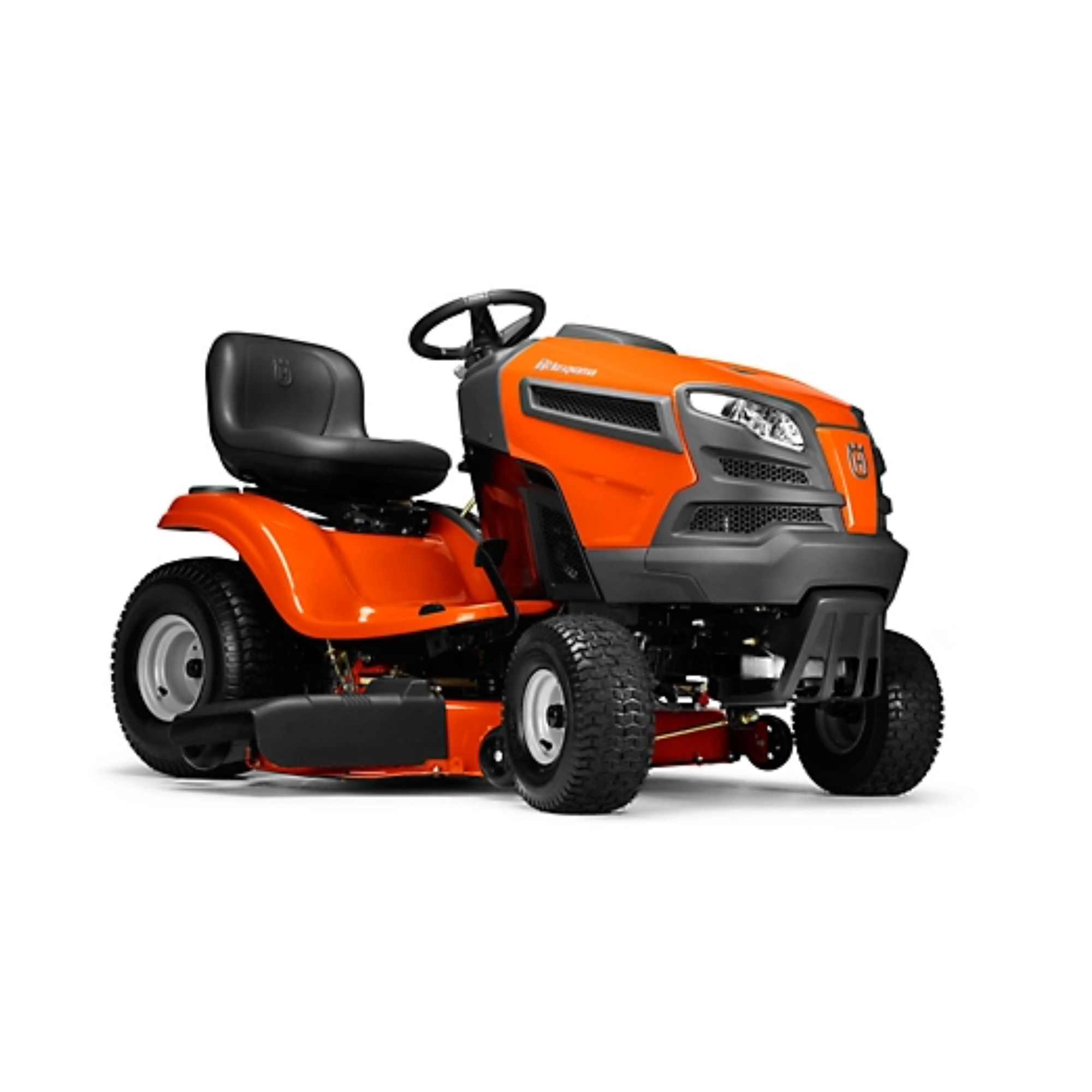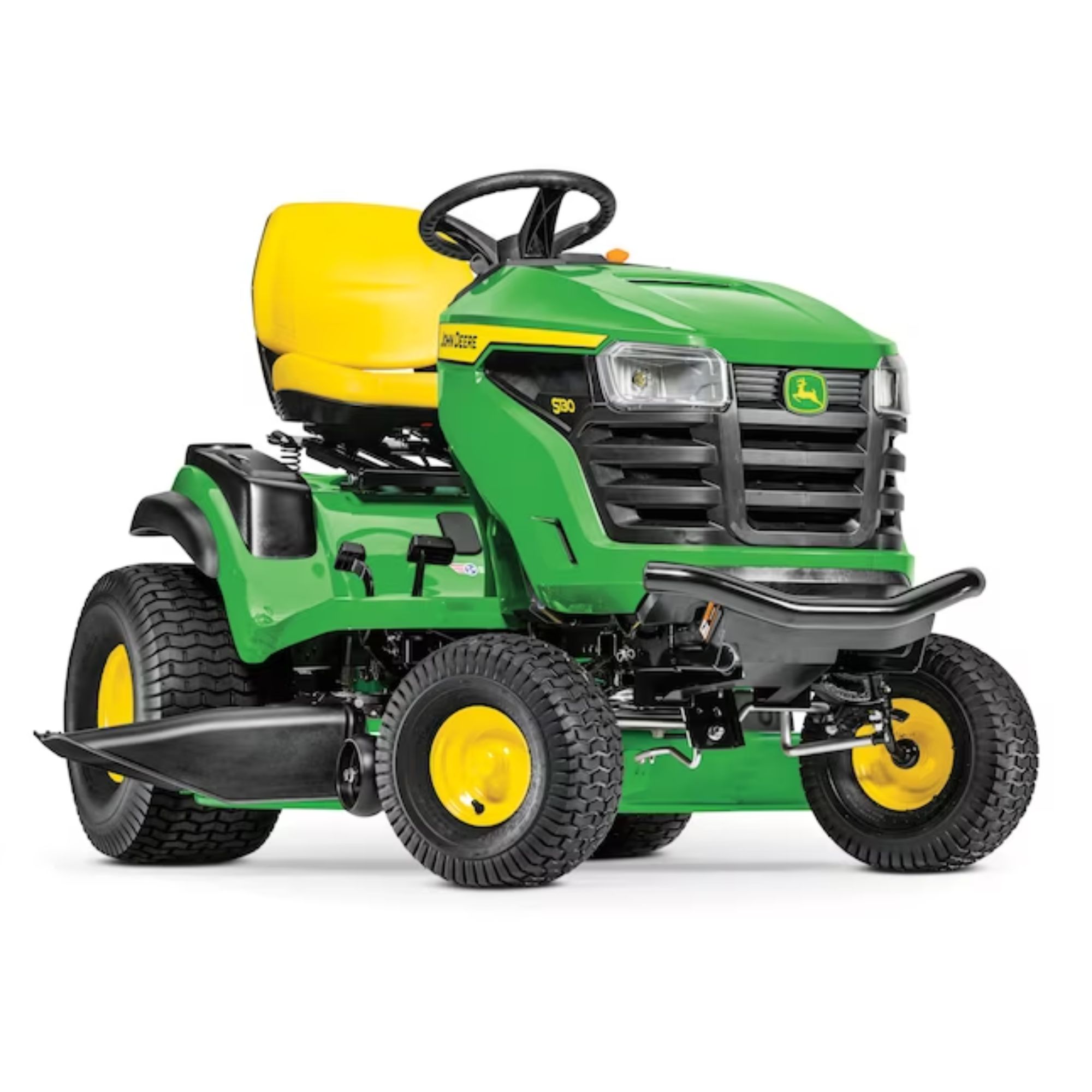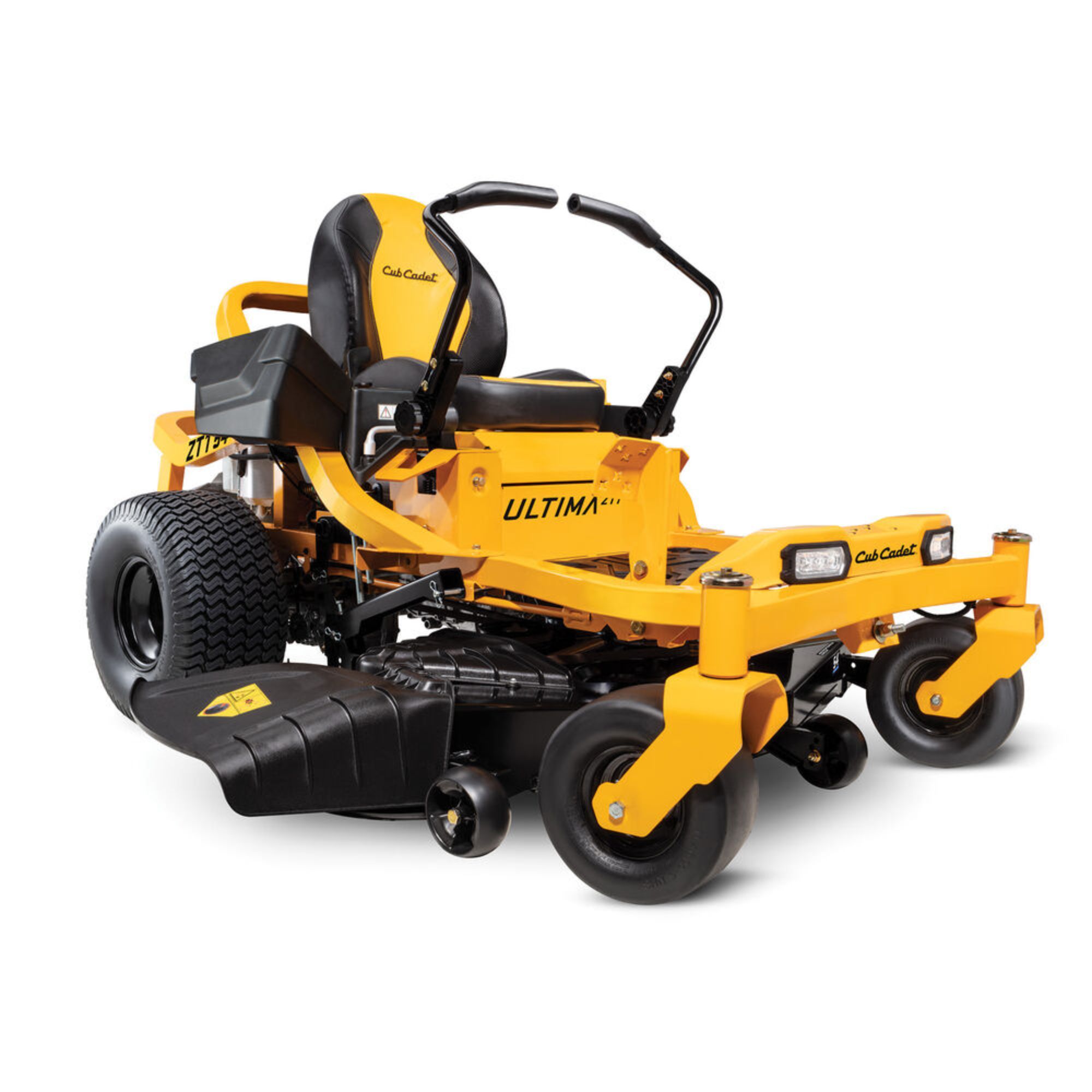How to buy a lawnmower – 5 golden rules from a gardening product tester
I've tested dozens of lawnmowers: here's how to buy one so you don't get ripped off

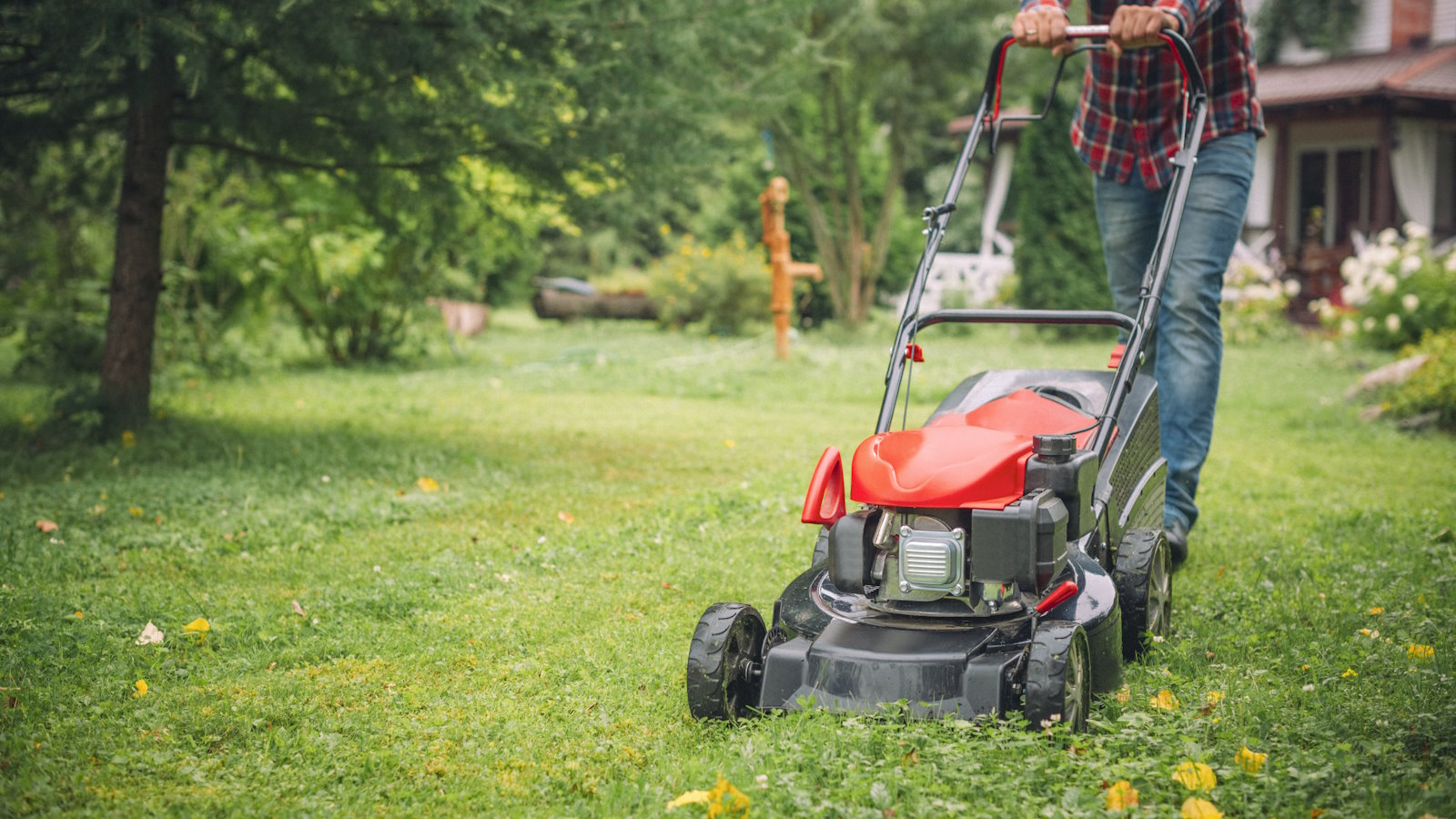
We're in the middle of a busy sales period, so it's a smart time to save a little money on a quality lawnmower.
However, most mowers are marketed with a lot of jargon, and if you don't know what you're looking for, you can overpay by hundreds of dollars.
I've tested dozens of the best lawnmowers for a variety of different publishers over the years, so I know first-hand how to buy a lawnmower. These are five rules for buying a mower that ensure a high-quality - but fairly priced - lawnmower in the busy period around Amazon Prime Day.
1. Focus on the essentials
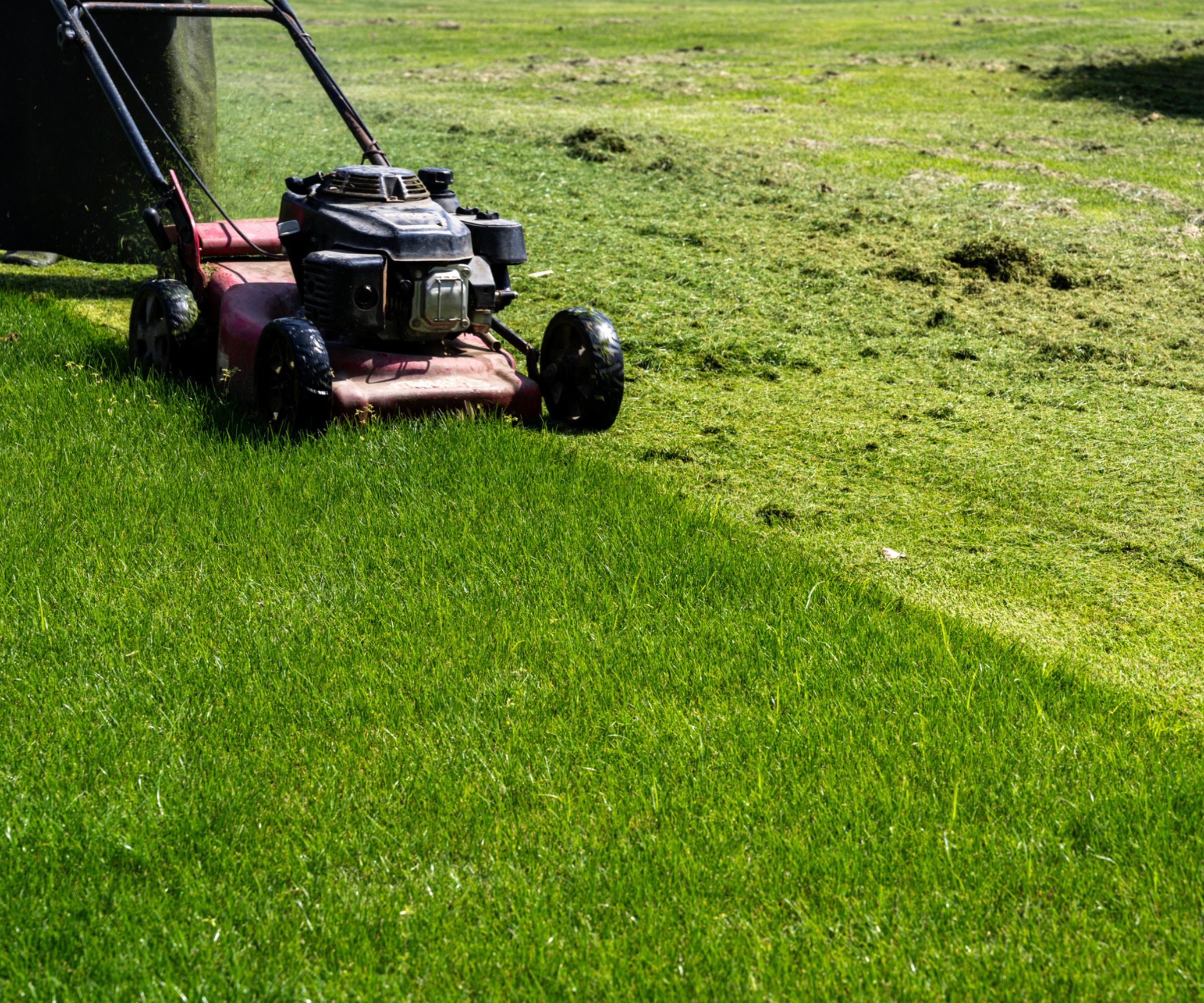
Before you dive into the details of headlights and self-propulsion, there are some essential features to look out for.
You need a mower which can cut between 1" and 4". This range of heights will let you adjust your cutting to the changes of the seasons and local conditions, so you mow precisely. Cheap mowers sometimes won't cut as high as 4", but having the option for grass this long is crucial for healthy grass.
Look for a mower that can mulch. Mulching is a key part of mowing, and if your mower can't do this, your grass won't be as healthy. Mulching plugs aren't universal, so if your mower doesn't come with one, you may not be able to buy one. Side discharge can be useful for reusing grass clippings in a flowerbed but for most lawns, all you need is mulch.
If you're buying a gas mower, try to get as large a CC as you can. This doesn't affect the price too much but gives you some extra power when tackling long grass or hills.
Design expertise in your inbox – from inspiring decorating ideas and beautiful celebrity homes to practical gardening advice and shopping round-ups.
If you're buying a cordless mower, aim for the highest Ah battery you can. It's not an exact science, because it's not what Ah (ampere-hours) measure, but it tends to be that the higher the Ah, the longer the runtime.
Almost every walk-behind lawnmower has these safety features, but make sure that your mower has a safe-start button, and turns off automatically when you aren't using it. If you want a gas mower, get a model with a 'blade brake clutch', which means that you can stop the mower blades and remove the grass bag without turning off the whole engine.With cordless battery mowers, aim for a model with a safety key. These mowers won't run without a key, so they're much safer for maintenance
If you're on a budget, this is all you need: a mower that can cut between 1" and 4", mulch, and has good safety features. Everything else is nice to have, but not essential.
2. Go electric
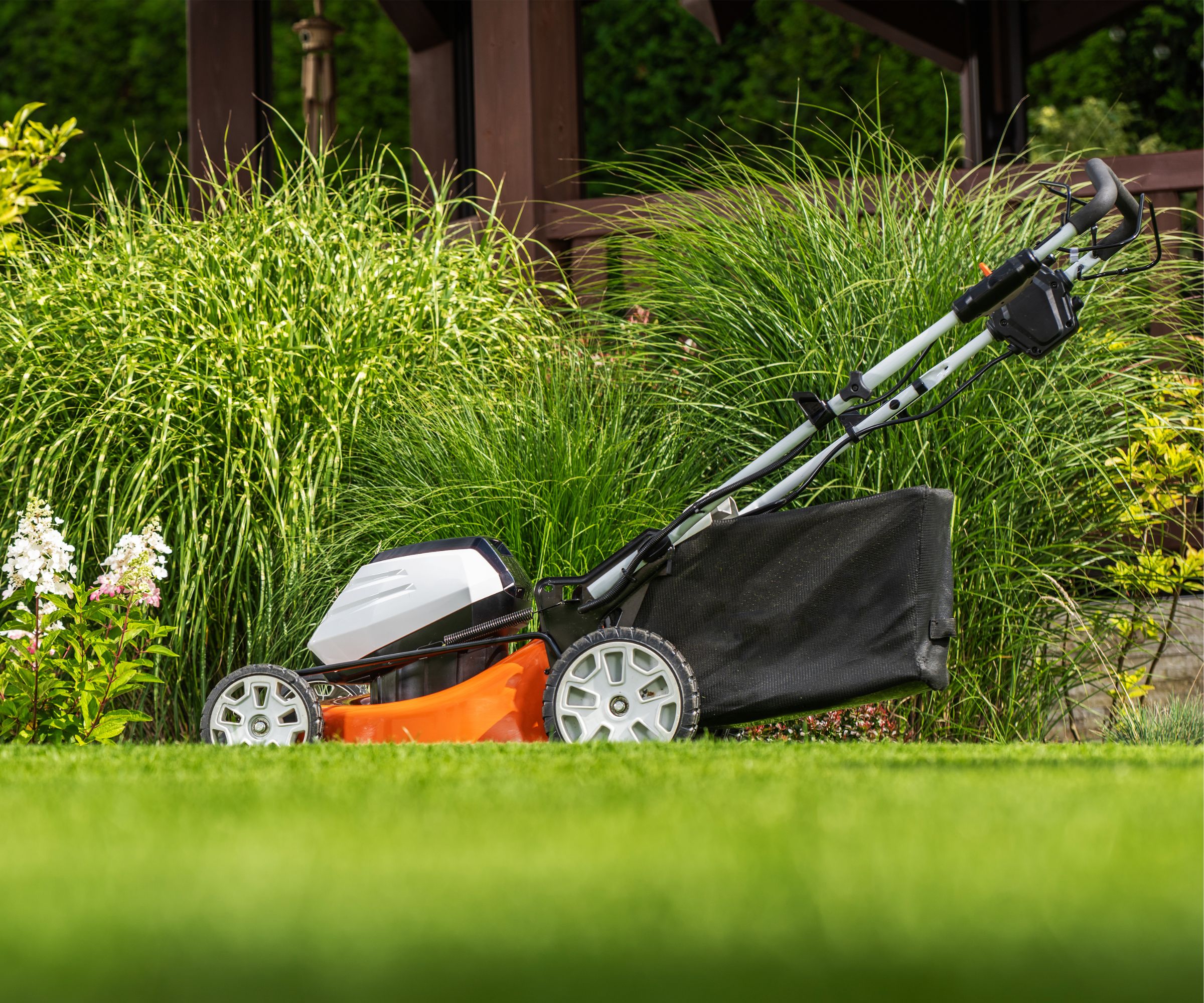
My most controversial opinion is that cordless walk-behind mowers are the best option for most people. If you have a landscaping business, they probably won't cut it. However, if you just need to keep your backyard tidy, they're perfect.
Unlike a corded mower, there's no risk of running over a power cable. Unlike a gas mower, there's no fuss around storing gas, fouled spark plugs, and temperamental starter cables. They're much lighter than gas mowers, much quieter, and there are no exhaust fumes. If you're environmentally conscious, they're also much better for air quality. In fact, pollution from gas mowers is so bad that they're being phased out in California. Many other states are considering a small engine ban, so even if you buy a gas mower, you may not be able to buy replacement parts in a few years.
Costs are starting to come down for cordless mowers, and you can now buy small cordless mowers for cheaper than the equivalent gas mower. There's no discernible difference in the quality of the cut.
There are some bad cordless mowers out there, but there are also some bad gas mowers. When you compare two high-quality gas and cordless mowers, the cut is the same, but one is often cheaper and always easier to use. I'd pick a cordless mower every time.
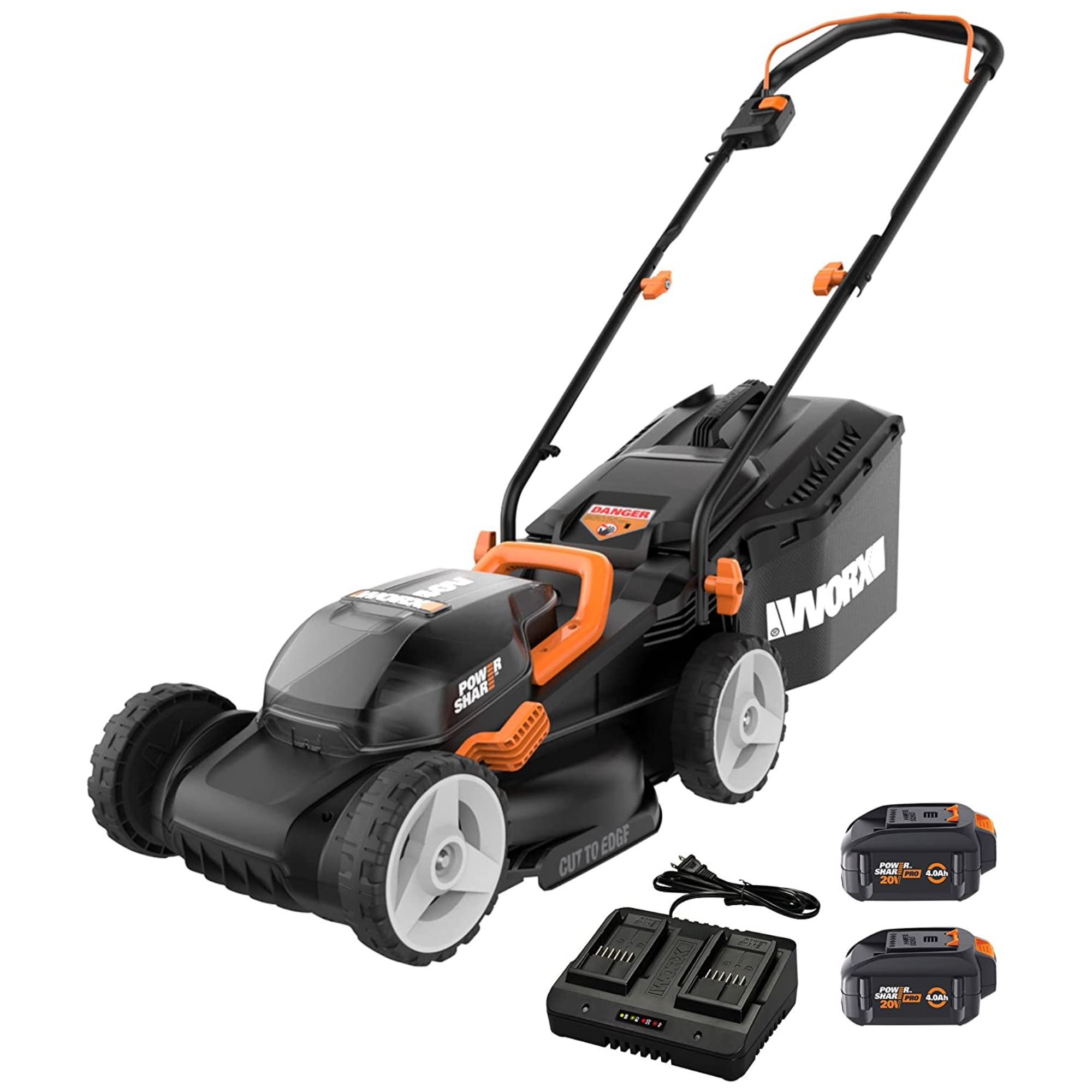
This has been my go-to mower recommendation for years. It's cheap, it's held up well, it's easy to use, and gives a great cut. It's a little small for large yards but for most people, this is all you need.
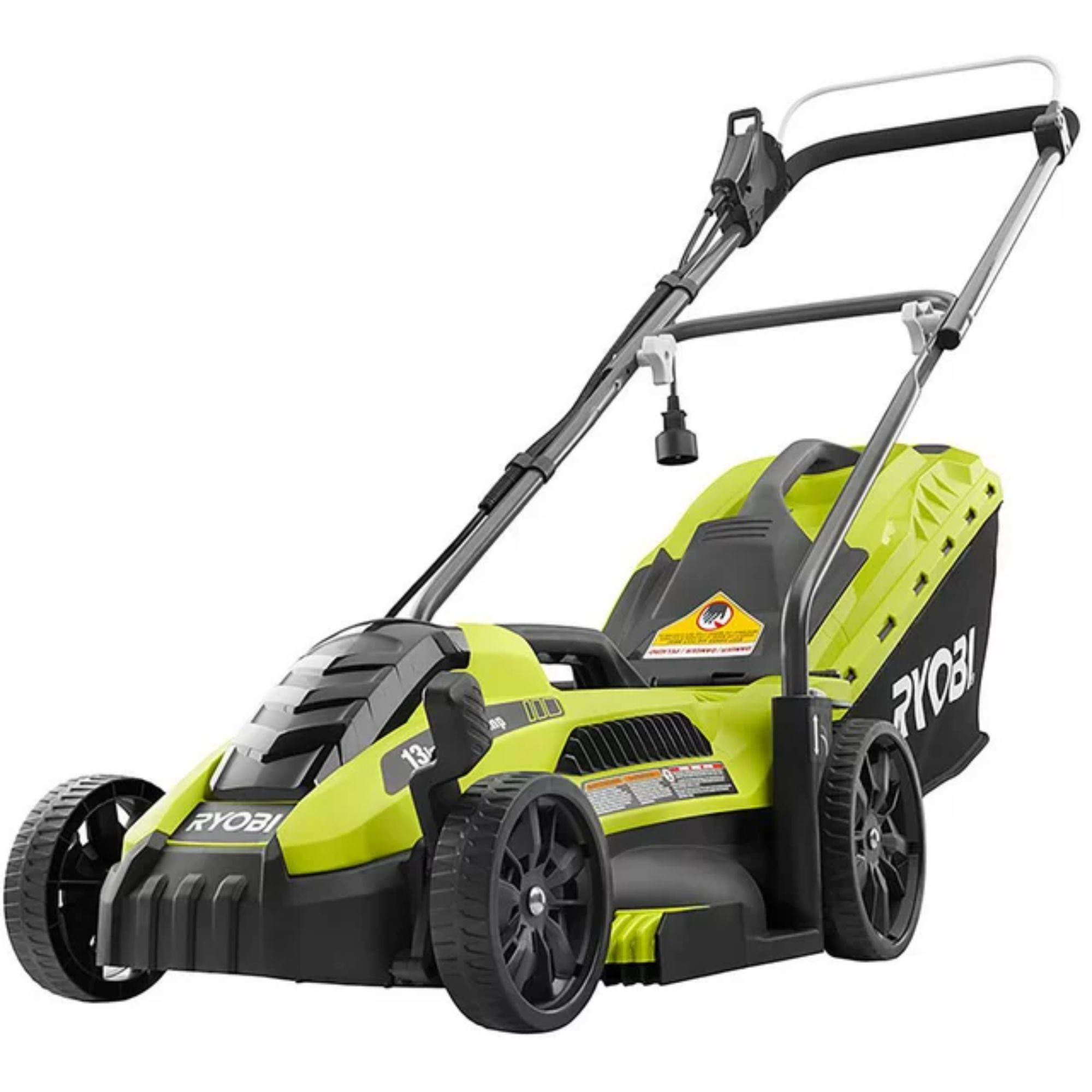
If you have a small yard, or money is very tight, I recommend this Ryobi. The 13-inch deck is very small, so it won't work for large homes, and even on small yards it will take a little longer than other mowers to cut your lawn. However, I found that it delivers a fantastic, uniform cut, and it's particularly good along the edges.
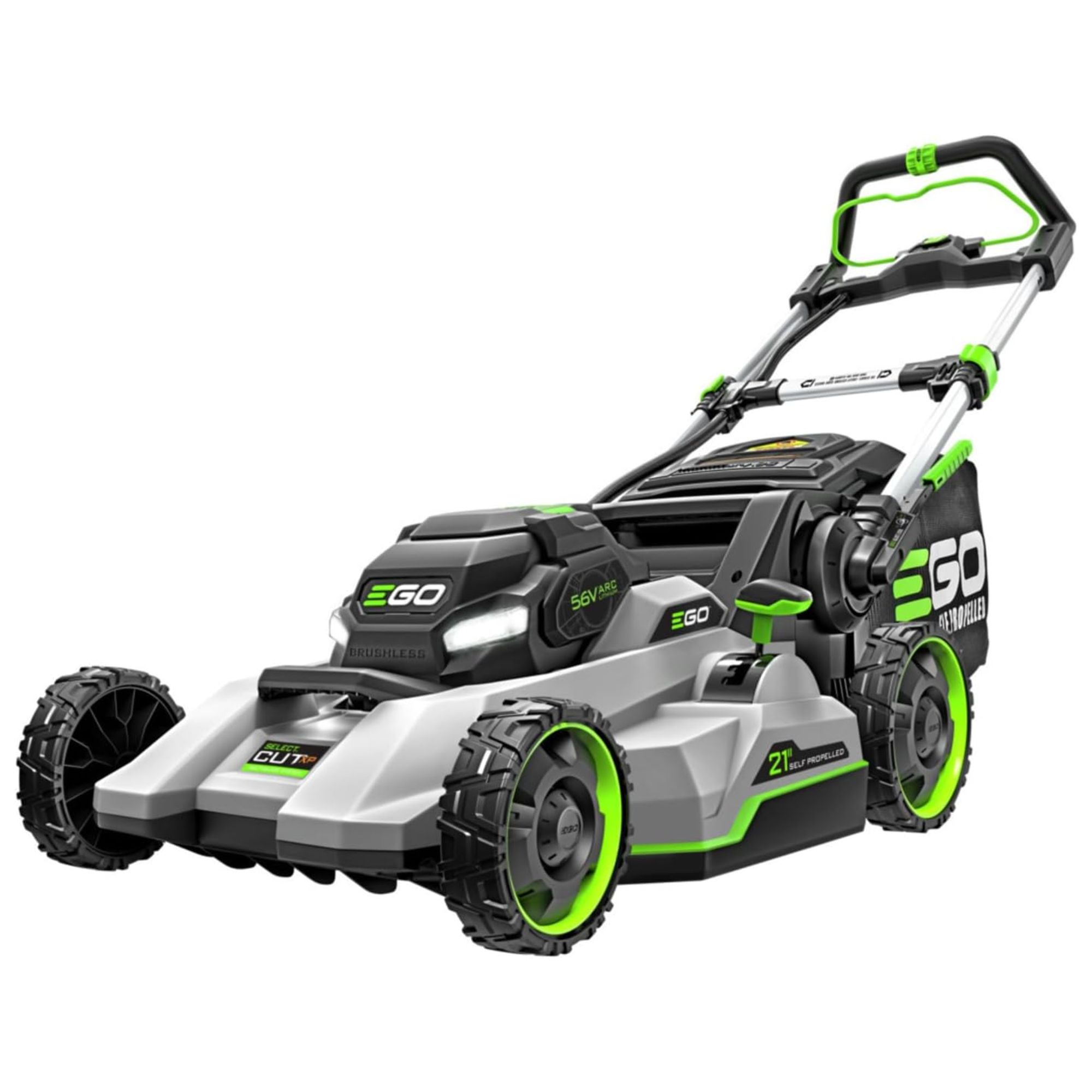
If money is no option, consider this EGO mower. It's the best cordless I've tried; it's self-propelled, so it glides across the lawn and even mowing uphill is easy. However, this is as much as I'd ever spend on a cordless mower.
3. Know your acreage
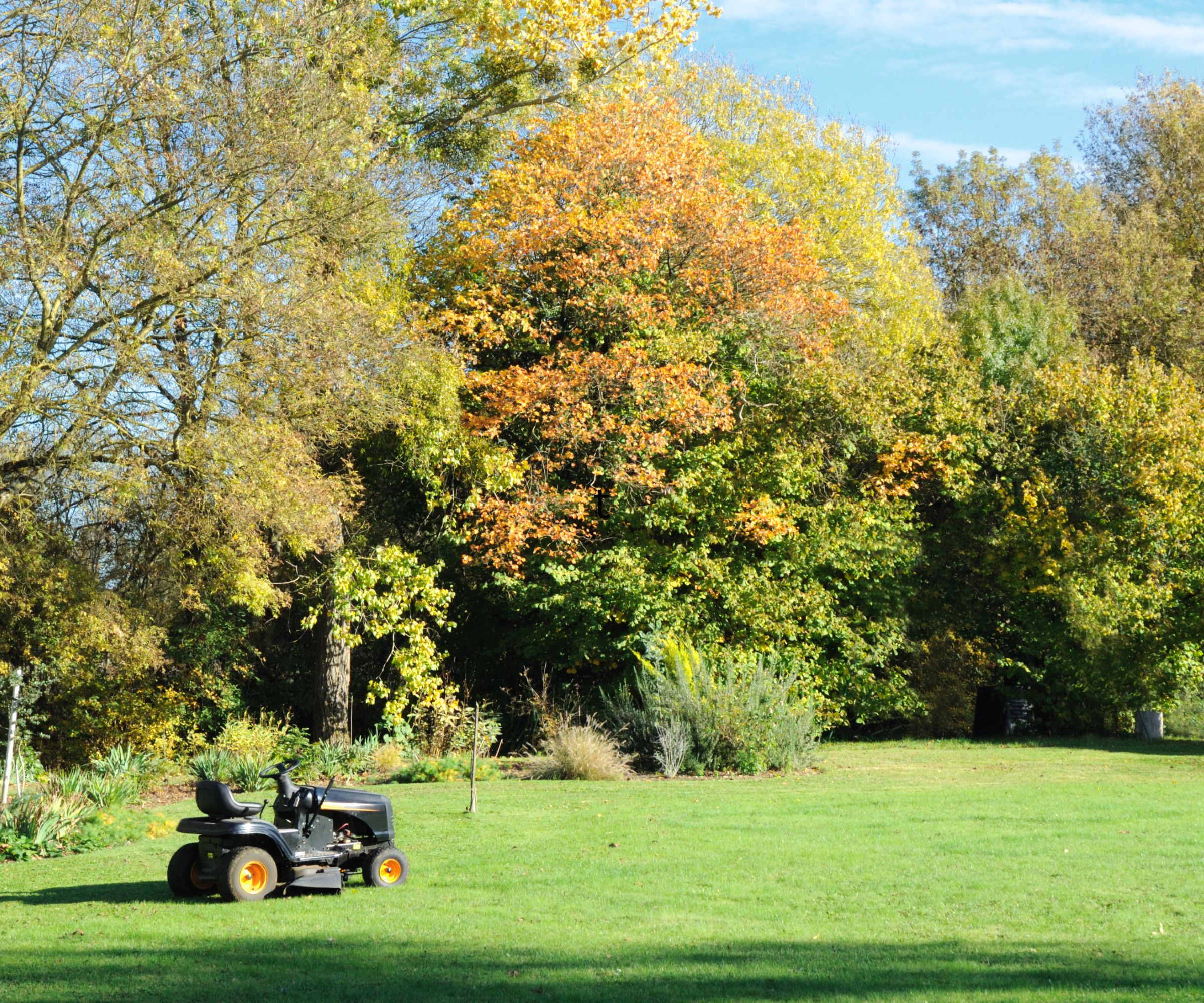
Before you buy a mower, measure your lawn so that you buy the right-sized mower. It's really easy for a lawnmower dealer to lead you down the garden path and say that you need a huge 50-inch tractor-riding mower for a tiny plot. When you get it home from the store, you'll find you barely have enough room to turn it around.
Conversely, if you have a large yard of several acres, you need a larger mower. I've tested tiny 13" mowers on big yards before and it more than doubles the time you need to spend mowing.
Most lawns in America are between a 1/4 and a 1/2 acre, so a 22" walk-behind mower is all you need. It will save you hundreds of dollars and it's much easier to store. For more than an acre, consider a riding mower up to 42". If you have more than 3 acres, consider a larger riding mower between 42" and 60".
4. Spend less than you think
The most common advice with buying tools or power equipment is to buy the highest quality you can afford, so you don't have to buy a replacement. However, price isn't a guarantee of quality when it comes to lawnmowers, especially electric lawnmowers.
Lawnmowers are incredibly simple machines. The basic mechanism is just spinning blades; mowers are essentially blenders on wheels, so there's no reason to pay thousands of dollars. Some mower prices are incredibly inflated and you don't get more for your money. While I highly recommend avoiding mowers under $200, as these tend to chip and crack, above $400 is too much. $200-$300 is the sweet spot.
However, the opposite is true with gas mowers. When I spoke to other experts about how much to spend on a lawn mower, the experts and I agreed that it pays off to spend around $1000 on a gas mower. With gas mowers, it's smart to pay a little more to buy a high-quality mower that will last. The engine parts in a cheap gas mower are often poorly machined and that can mean a lot of engine trouble.
As gas mowers are phased out, it also makes sense to buy a robust, steel deck mower that will last, because you may not be able to buy a replacement or find replacement parts in the coming years.
5. Get (some) bonus features
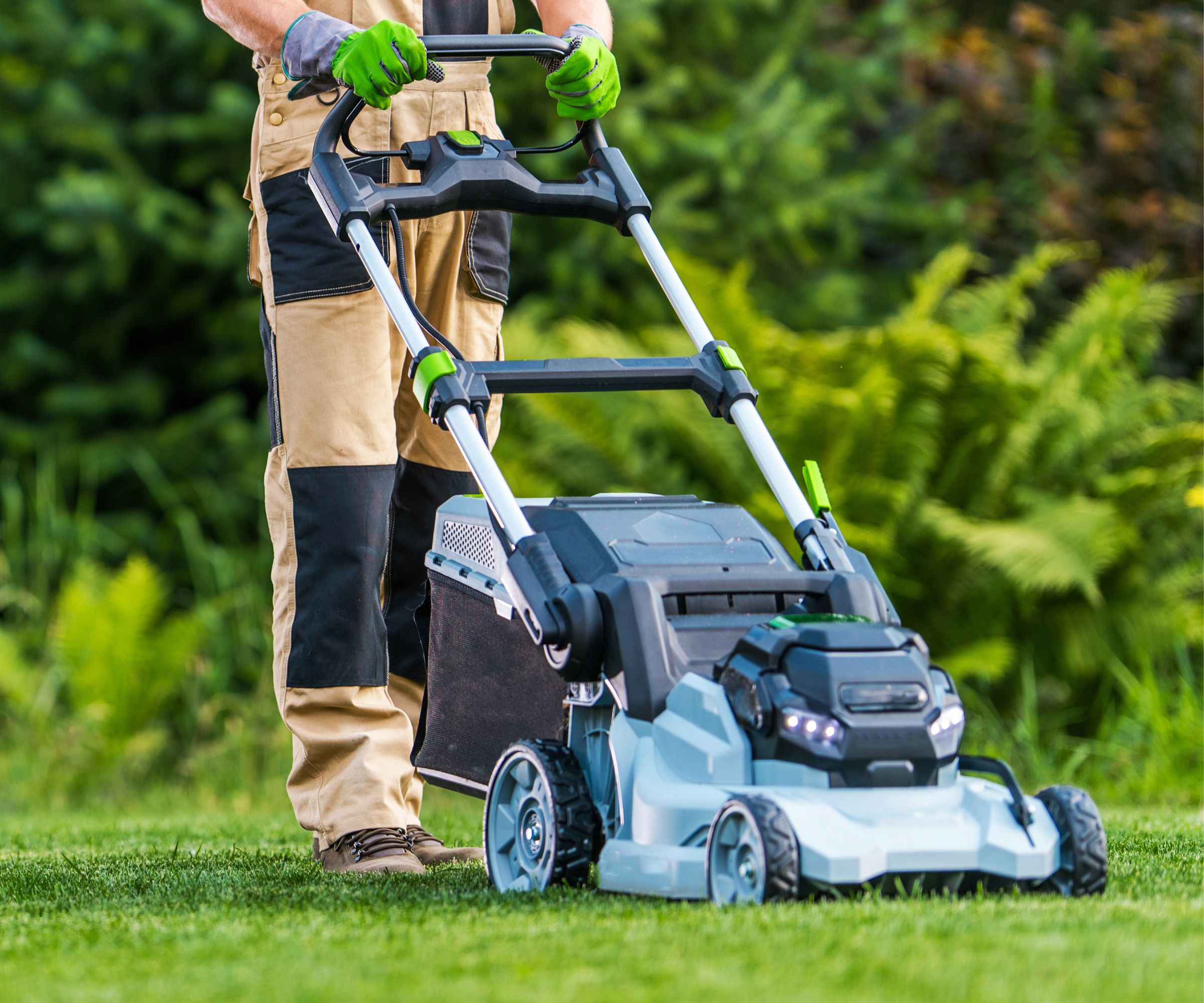
Some bonus features can be essential, but it depends on your needs and your garden. If you want a walk-behind mower, it can be incredibly helpful to buy a self-propelled mower. These mowers have motorized wheels to help you push the mower. If you have mobility issues, this can be very helpful, and if you have sloping, rough terrain, it can make it much easier to cut. However, if you don't have mobility problems and have a flat, even lawn, it's a little pointless.
Headlights can be helpful if you have to cut grass underneath hedges or bushes, but if you don't have these features in your garden, they're not particularly helpful. You should never mow in poor light, so there's little point in this feature.
If your budget allows, a mower with a built-in lawn roller will help you to put some nice stripes in your lawn, but this is a nice-to-have, not an essential. Other nice touches are ball-baring wheels, which are a little easier to steer, and hydrostatic transmissions in riding mowers, which are smoother to drive. However, you can get by without them.
Lawnmower FAQs
Should I buy a robot mower?
I don't recommend robot mowers. They're expensive, costly, and time-consuming to install, and don't give a particularly good work. It's less labor, but you get a better, faster cut by doing it yourself.
Should I get a snow attachment for my ride-on mower?
Snowblowers and snowplows can be helpful attachments for a tractor mower. However, if you live somewhere that sees particularly heavy snow, they may not work. The motors on tractor mowers are pretty small, so sometimes they can't handle the weight of heavy snow, so it's an expensive risk.
For more help with lawnmowers, take a look at our guide to riding mowers vs push mowers, or how to sharpen lawnmower blades.

As a gardens and lifestyle contributor, Alex makes sure readers find the right information to help them make the best purchase. Alex got his start in reviewing at the iconic Good Housekeeping Institute, testing a wide range of household products and appliances. He then moved to BBC Gardeners’ World Magazine, assessing gardening tools, machinery, and wildlife products.
